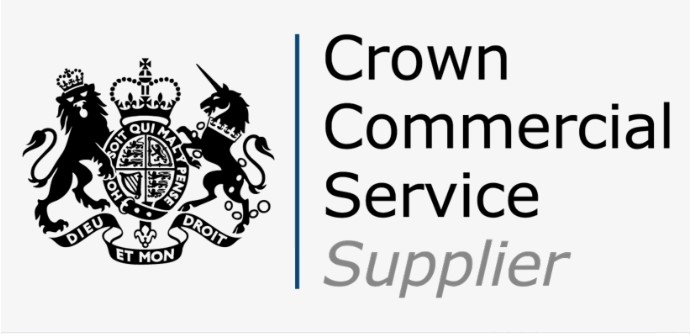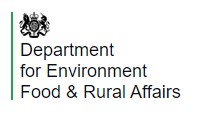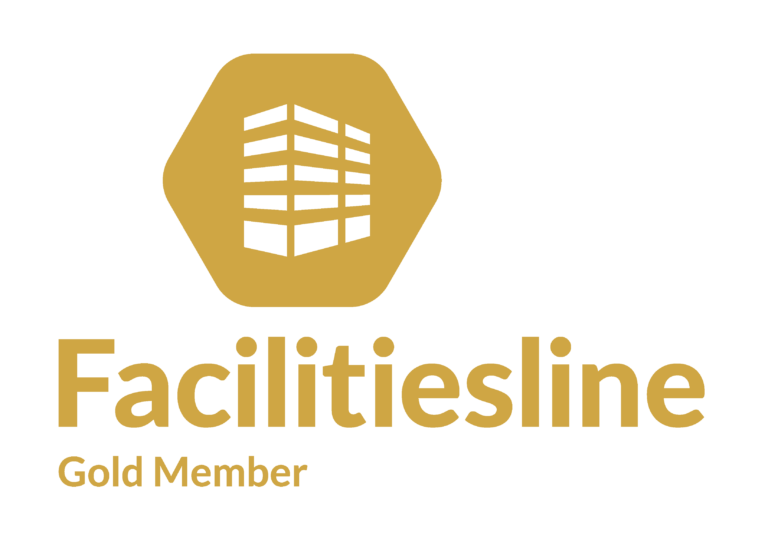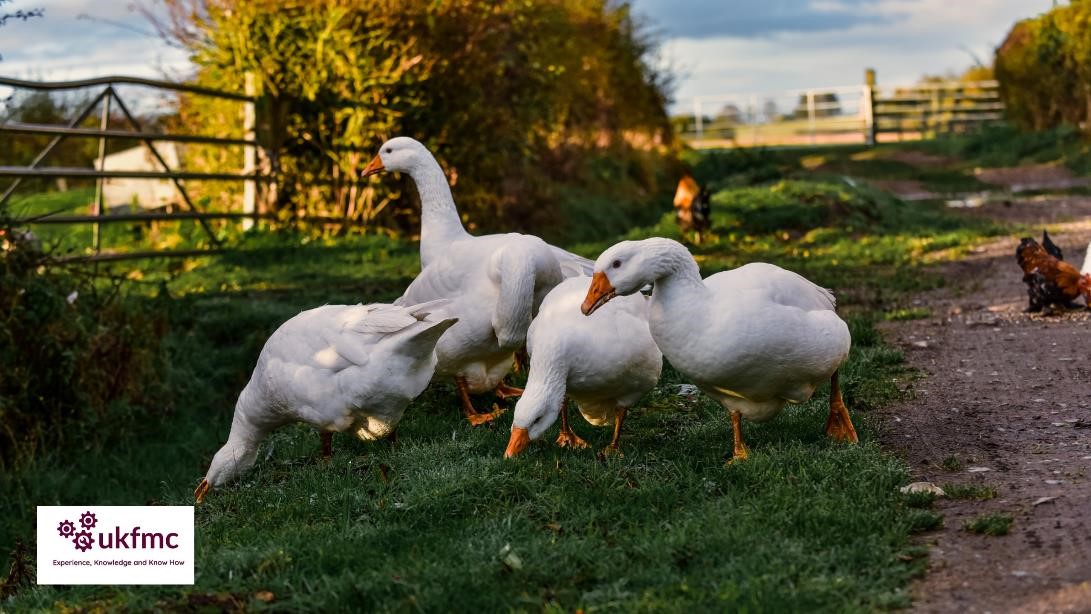The UK is currently experiencing a very large avian influenza (bird flu) outbreak. We explain what you should do if you find a dead wild bird.
Sick or Dying Wild Birds
Animals that are considered to be wild, that being that they are not under the care or control of any person, are not required under legislation to be provided for in terms of immediate veterinary treatment nor intervention from landowners.
If you find a sick or dying wild bird, these can be reported to the landowner or to the Department for Environment, Food & Rural Affairs (Defra) helpline, telephone 03459 33 55 77. It is their decision to determine any further course of action.
You should call the Defra helpline if you find:
- one or more dead bird of prey or owl
- 3 or more dead gulls or wild waterfowl (swans, geese and ducks)
- 5 or more dead birds of any species
Do not touch or pick up any dead or visibly sick birds that you find.
Wild birds are susceptible to a range of diseases and injuries and not all dead birds will have been infected with avian influenza.
Calls to the helpline about dead wild birds are triaged and not all birds will be collected. However, alerting Defra will enable them to monitor the spread of the disease in the wild bird population and help prevent kept birds at farms and smallholdings from being infected.
If dead wild birds are not needed for avian influenza surveillance purposes and landowners have taken the decision to remove carcasses, it is the landowner’s responsibility to safely arrange disposal of the carcasses.
Disposal of dead wild birds on public land
Where dead wild birds are not required for surveillance purposes, the routine collection of dead birds rests with the landowner. Where dead birds are on public land, it is the responsibility of the landowner to safely dispose of the carcases.
If dead birds are on public land it is the local authority’s responsibility to arrange disposal of the carcasses where removal is warranted. If you have already alerted Defra and wish to make your local council aware of the dead birds, please contact your district or borough Environmental Health team.
Further advice on all aspects of bird flu is available on GOV.UK, visit: https://www.gov.uk/guidance/avian-influenza-bird-flu
The UK Health Security Agency (UKHSA) has said that avian influenza is primarily a disease of birds and the risk to the general public’s health is very low.
The Food Standards Agency has said that on the basis of the current scientific evidence, avian influenza poses a very low food safety risk for UK consumers. Properly cooked poultry and poultry products, including eggs, are safe to eat.
Disposal of dead wild birds at domestic premises
Current advice from the Public Health Agency is not to touch or pick up dead birds. However, if dead birds need to be disposed of:
- if possible, wear disposable protective gloves when picking up and handling dead wild birds (if disposable gloves are not available, a plastic bag can be used as a make-shift glove).
- place the dead wild bird in a suitable plastic bag, preferably leak proof. Care should be taken not to contaminate the outside of the bag
- tie the bag and place it in a second plastic bag
- remove gloves by turning them inside out and then place them in the second plastic bag. Tie the bag and dispose of it in the normal household refuse bin
Make sure to wash your hands thoroughly with soap after coming into contact with any animal and do not touch any sick or dead birds. You should wash hands, nails, and forearms thoroughly with soap and water after handling the carcase.
Advice for the Public
The Public Health Agency (PHA) has advised that human infections with AI are rare as it is primarily a disease of birds and the risk to the health of the general public is very low.
The current guidelines from the PHA are as follows:
- do not pick up or touch sick, dying or dead poultry or wild birds, and keep pets away from them;
- avoid contact with surfaces contaminated with bird faeces;
- avoid untreated bird feathers (such as those found in the environment) and other bird waste; and,
- maintain good personal hygiene with regular hand washing with soap and use of alcohol-based hand rubs.
For more information, please see the PHA website
Hazardous waste disposal, including Highly Pathogenic Avian Influenza is a specialist field, in which UKFMC possesses a wealth of knowledge and experience, consequently we are fully compliant with all relevant legislation; in addition we can offer support and advice on completing all necessary documents and paperwork relating to the transport and disposal of your waste.
This information is licensed under the Open Government Licence v3.0. except where otherwise stated.







